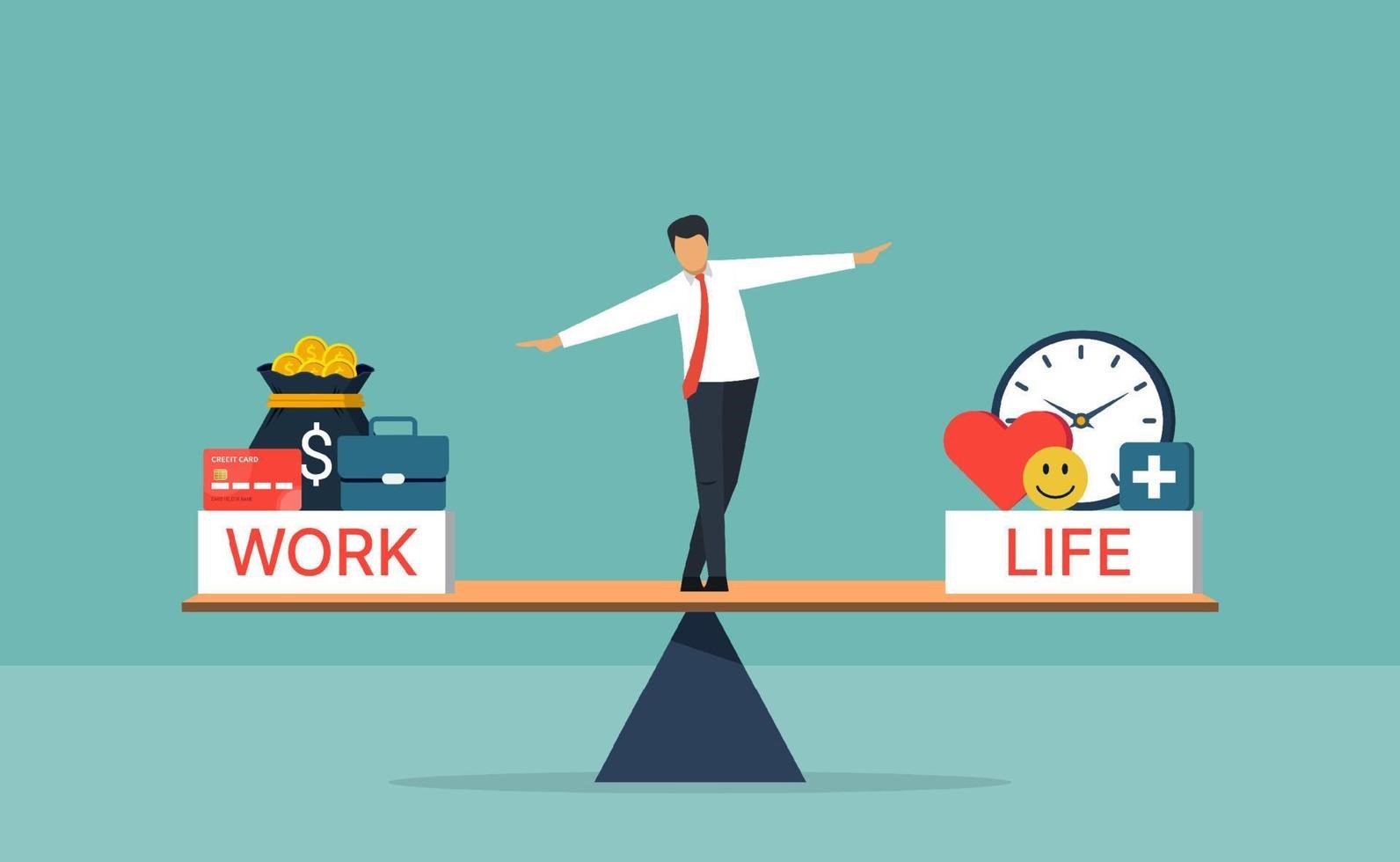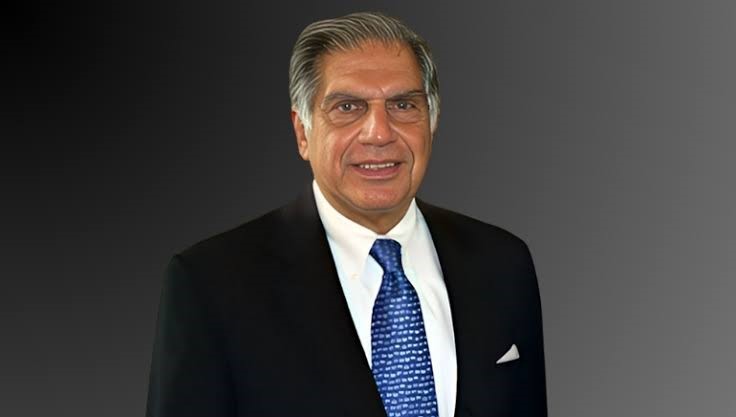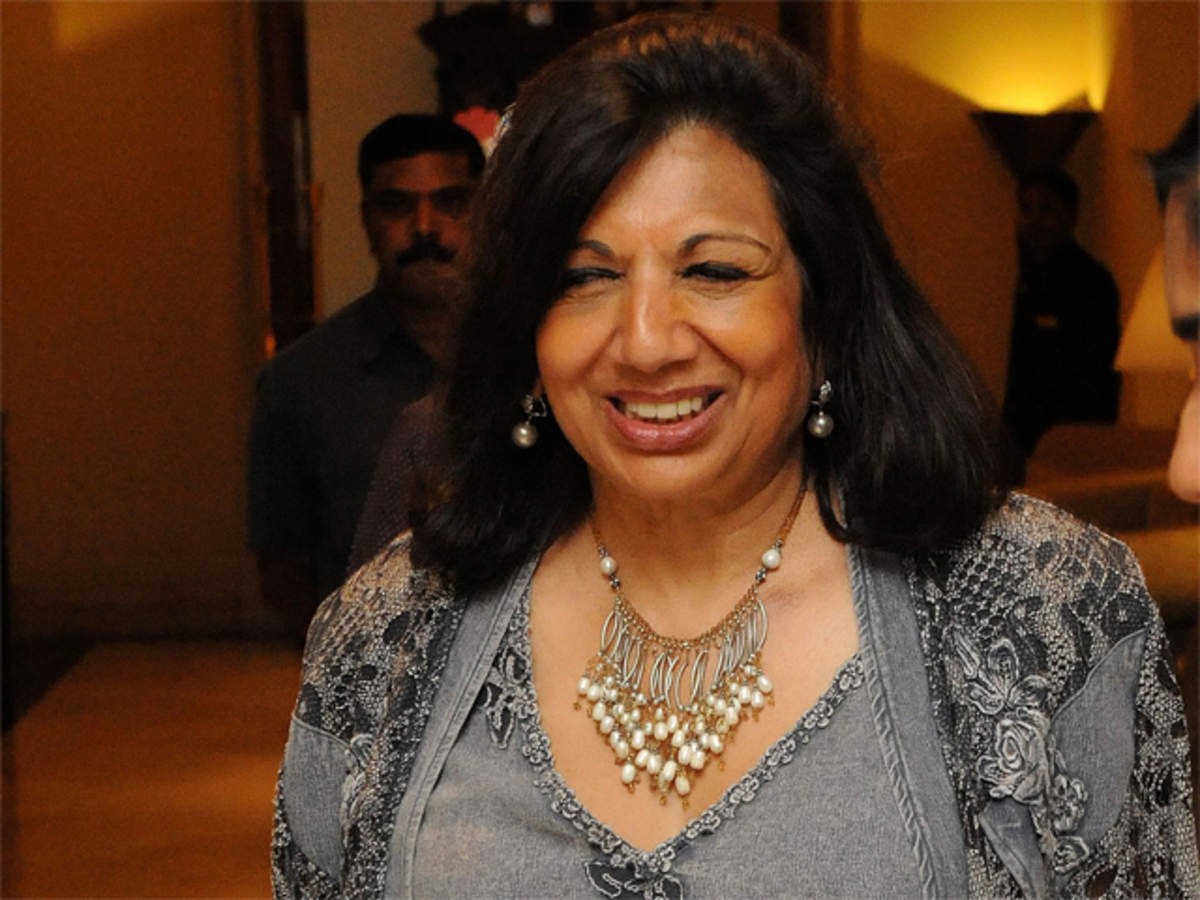In today’s world, achieving work-life balance is more than just a buzzword; it’s a crucial aspect of leading a fulfilling and sustainable life. The idea centers on finding a balance between work and personal obligations, a task that has grown more difficult in our fast-paced, constantly-connected world. As work demands encroach on personal time and boundaries blur, finding this balance is more important than ever to prevent stress and burnout.

Why Work-Life Balance Matters
1. Preventing Overload
Modern work culture often seems designed to push individuals to their limits. The constant pressure to perform and the expectation of always being available can lead to severe exhaustion and burnout. A solid work-life balance helps mitigate these risks by ensuring that work doesn’t completely overshadow personal time and energy.
2. Strengthening Relationships
Strong relationships with family, friends, and colleagues are the bedrock of emotional well-being. When work demands begin to dominate personal time, it can strain these essential relationships. A well-balanced life allows for meaningful interactions and quality time with loved ones, which is vital for maintaining these connections and achieving personal satisfaction.
3. Enhancing Overall Well-being
Engaging in hobbies, leisure activities, and self-care is not merely a luxury; it's a necessary component of overall happiness. These activities offer a mental break from work-related pressures and contribute to a holistic sense of well-being.
Practical Strategies for Achieving Balance
1. Embrace Regular Breaks:
Continuous work without breaks can lead to diminished productivity and mental fatigue. Incorporating regular breaks throughout your day is essential for rejuvenating both mind and body. Simple practices such as taking a short walk, doing some stretches, or engaging in a brief meditation can refresh your perspective and improve your focus.
2. Prioritize and Delegate:
Effective prioritization is crucial for managing a heavy workload. Concentrate on tasks that are most critical and align with your long-term goals. Delegate less important tasks to others or outsource them when possible. This approach not only helps in managing your workload efficiently but also in reducing overall stress.
3. Commit to Self-Care:
Self-care should never be seen as an afterthought; it’s a fundamental necessity. Regular exercise, a balanced diet, and sufficient sleep are cornerstones of maintaining both physical and mental health. Make self-care a priority in your daily routine to ensure that you remain at your best in both your personal and professional life.

4. Leverage Technology:
While technology can sometimes add to stress, it can also be a powerful tool for achieving work-life balance. Utilize apps and tools for task management, scheduling, and automating routine processes. These technologies can streamline your workload, saving time and reducing work-related stress.
5. Build a Support Network:
A strong support system is invaluable in managing work and life pressures. Cultivate relationships with mentors, colleagues, and family members who can provide guidance and emotional support. Networking with peers who face similar challenges can also offer valuable insights and encouragement.
6. Master Time Management:
Good time management practices are key to achieving balance. Use tools such as calendars and to-do lists to organize your tasks and prioritize your activities. Establish clear boundaries between work hours and personal time to ensure a balanced schedule.
7. Learn to Say No:
One of the most important skills is the ability to say no. Setting boundaries is crucial for preventing over commitment. Evaluate additional tasks or projects carefully and decline those that could disrupt your balance. It’s vital to protect your personal time and well-being.
Insights from Indian Entrepreneurs
1. Ratan Tata
Ratan Tata, the former chairman of Tata Sons, is renowned for his dedication and work ethic. Despite his demanding role, Tata has always emphasized the importance of family and personal time. He made it a point to engage in hobbies and spend quality time with his loved ones, demonstrating that a balanced approach is crucial for long-term success and personal satisfaction.

2. Kiran Mazumdar-Shaw
Kiran Mazumdar-Shaw, the founder of Biocon, is another exemplary figure in maintaining work-life balance. Shaw has openly discussed the challenges of managing a high-profile career while keeping personal life intact. She highlights the importance of delegation and effective time management, ensuring that work does not overshadow personal time.

Concluding Thoughts
Achieving work-life balance is a continuous journey, especially in today’s demanding work environment. It requires deliberate effort and commitment to maintaining harmony between professional and personal responsibilities. By incorporating strategies such as taking breaks, prioritizing tasks, leveraging technology, managing time effectively, and learning to say no, entrepreneurs and professionals can better navigate the complexities of modern work culture. Embracing these principles and adapting them to your unique circumstances can lead to a more satisfying and productive life.
The Entrepreneur’s Guide to Work-Life Balance